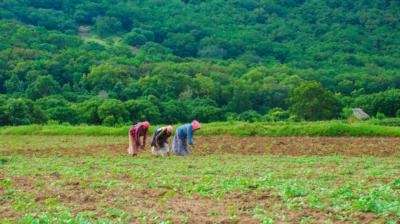Monitoring and Evaluating Poverty Reduction Policies in Mozambique. Study 2: Social Relations of Urban Poverty
How to cite this publication:
Margarida Paulo, Carmeliza Rosário, Inge Tvedten (2008). Monitoring and Evaluating Poverty Reduction Policies in Mozambique. Study 2: Social Relations of Urban Poverty. Bergen: Chr. Michelsen Institute (CMI Brief 3)
Portuguese version: Monitoria e Avaliação das Políticas de Redução da Pobreza em Moçambique Estudo 2: Relações Sociais da Pobreza Urbana
Issues of urban poverty have received little attention in Mozambique, even though the urban poverty rate is high and urban inequality is on the rise. In the bairros of Maputo, unemployment, crime and the high costs of food, housing and land inhibit the poor from converting progress in education and health into increased income and consumption. In a context where money is an integral part of most social relationships, the most destitute become marginalised with no one to turn to. Rising poverty and inequality in Maputo also have an adverse impact on vital urban-rural relationships, and may jeopardise political stability.




